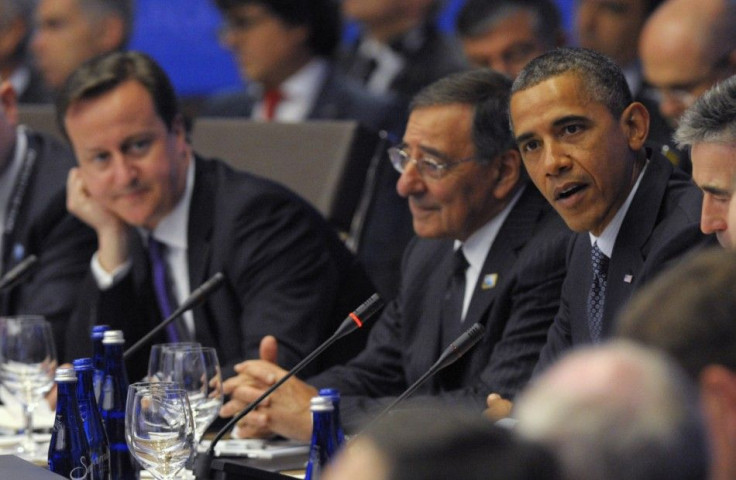Canada Will Offer Afghanistan Cash After 2014, But No Troops In Latest NATO Summit Snafu

Canada will pledge money to support Afghanistan's security forces post-2014, but will not extend the stay of its troops, officials said Monday.
Prime Minister Stephen Harper is expected to announce he will not be extending the mission of Canada's 950 military trainers currently in Afghanistan after international forces leave the country in 2014.
The expected Canadian announcement comes as NATO leaders met for a second day in Chicago to firm up an Afghanistan exit strategy, with U.S. President Barack Obama desperate to secure ongoing funding from alliance members for the war-torn country beyond 2014.
There had been hopes Canada would maintain its small presence in the country as other countries wound down their forces, in a bid to demonstrate to the outside world that the West was not abandoning Afghanistan outright.
As a token gesture, Harper is expected to offer monetary assistance for Afghanistan for three years after 2014, although Canadian officials would not say how much.
Obama has asked previously Canada to offer $125 million per year, while countries such as Britain, Germany and Australia have pledged between $100 and $200-million a year.
The money is needed to plug Kabul's $4-billion-plus security budget shortfall.
The announcement will be another blow to the allies as the war-weary public across Europe and the U.S. demand an accelerated plan to leave Afghanistan after more than 10 years of war and mounting casualties on both sides.
Elsewhere, on Monday, a row between the United States and Pakistan over the opening of supply routes to Afghanistan continues to overshadow the Chicago summit.
The two sides have so far failed to agree on a strategy to re-open the vital supply routes between Pakistan and Afghanistan, which have been closed since a U.S. air-strike killed 24 Pakistani soldiers in November.
President Obama, allegedly growing tired with the Islamabad's heel-dragging over the issue, refused to meet with his Pakistani counterpart Asif Ali Zardari.
The Pakistanis have demanded the U.S. issue a public apology, change its policy on drone strikes in Pakistani territory and pay a $5,000 transit fee for vehicles using the corridor -- up from the current tariff of $250.
© Copyright IBTimes 2025. All rights reserved.





















